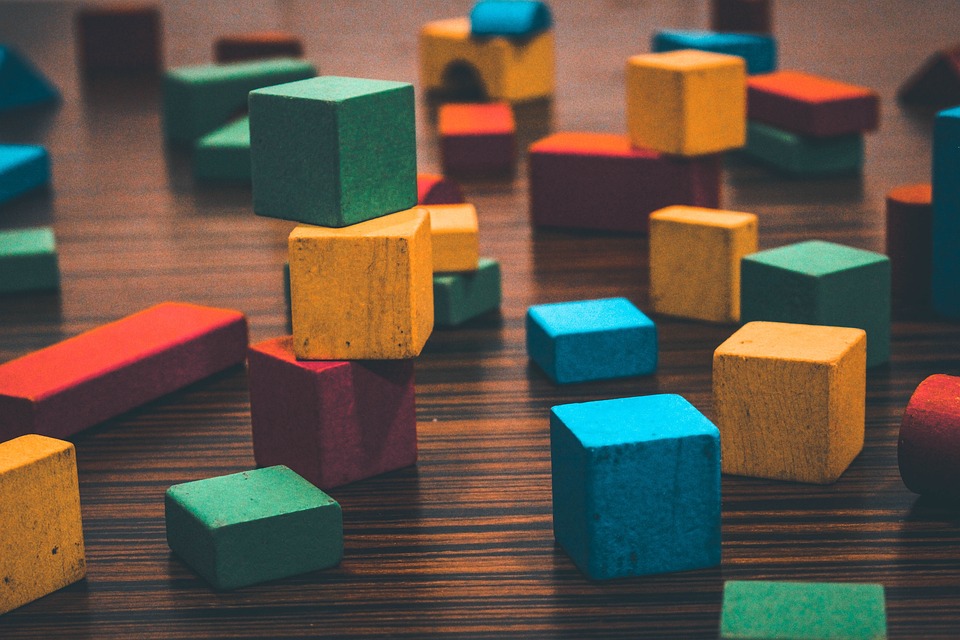Introduction
In the realm of early childhood education, the philosophy of Montessori has carved out a significant niche that emphasizes the importance of hands-on, experiential learning. At the heart of this method lies the use of Montessori toys—specially designed materials that nurture a child’s natural curiosity, creativity, and cognitive development. These toys are not merely playthings; they are tools that engage the child’s senses, foster their imagination, and encourage autonomous learning. This article explores the myriad benefits of Montessori toys in early childhood development, examining their impact on creativity, problem-solving skills, and overall cognitive growth.
Cultivating Creativity Through Play
One of the most profound advantages of Montessori toys is their ability to cultivate creativity. Unlike traditional toys, which often have a set function and outcome, Montessori toys invite open-ended exploration. They allow children to manipulate objects, experiment with different configurations, and engage in imaginative play.
Open-Ended Design
Montessori toys are typically designed with simplicity in mind, featuring natural materials like wood and fabric. This simplicity encourages children to use their imagination rather than confining them to a single way to play. For instance, a set of building blocks doesn’t just allow for tower-building; it can also become a pirate ship, a castle, or an alien spaceship. The versatility of these toys fosters a sense of ownership over the play experience, which is vital for developing creative thinking.
Encouraging Imaginative Play
Imaginative play is crucial in early childhood, as it helps children understand the world around them. Montessori toys often enable role-play scenarios, where children can enact various roles and situations. For example, a Montessori kitchen set can help a child explore different social roles and the dynamics of everyday life. This play encourages empathy, narrative skills, and an understanding of social interactions, all essential components of creative thought.
Enhancing Problem-Solving Skills
Montessori toys promote problem-solving skills through open-ended challenges that require critical thinking. Children learn to navigate obstacles and develop strategies to overcome them, laying the foundation for a resilient mindset.
Hands-On Learning Experiences
Through hands-on play with Montessori toys, children encounter tangible problems that require solutions. For instance, a puzzle encourages a child to think spatially, recognizing patterns and making connections. These interactions engage their intellectual curiosity and require them to apply logic and reasoning to achieve results.
Building Persistence and Resilience
When children play with Montessori toys, they often face challenges, whether it’s fitting pieces together in a puzzle or organizing elements in a sensory bin. Each challenge they encounter encourages persistence. The process of trial and error helps children learn that failure is not an endpoint but rather a stepping stone to success. This resilience, cultivated through play, is essential as children encounter more complex problems in school and life.
Fostering Independence and Self-Direction
A key component of the Montessori philosophy is promoting independence in children. Montessori toys encourage self-directed learning, allowing children to follow their interests and pace.
Self-Directed Exploration
Montessori toys are designed to be accessible and intuitive, which allows children to engage with them independently. This independence fosters a sense of agency. When children are allowed to choose how they play and what they explore, they develop intrinsic motivation—learning becomes not just an obligation but a source of joy and curiosity.
Skills for Lifelong Learning
By encouraging children to take initiative in their learning, Montessori toys help cultivate skills that are invaluable throughout life. They learn to ask questions, seek answers, and recognize their capabilities. This foundation of independence sets the stage for lifelong learning and creativity, as these children grow to be adult thinkers who pursue their passions and creatively solve problems.
Conclusion
Incorporating Montessori toys into early childhood development offers a plethora of benefits that extend far beyond mere entertainment. These thoughtfully designed materials cultivate creativity, enhance problem-solving skills, and foster independence in young learners. As we strive to support our children in their formative years, embracing the Montessori approach through engaging toys not only nurtures their minds but also unlocks their creative potential. By investing in this kind of play, we empower our future generations to explore, discover, and innovate, paving the way for a richer, more imaginative world. Ultimately, Montessori toys are not just tools for play; they are gateways to a child’s exploration of endless possibilities.









Leave a Comment